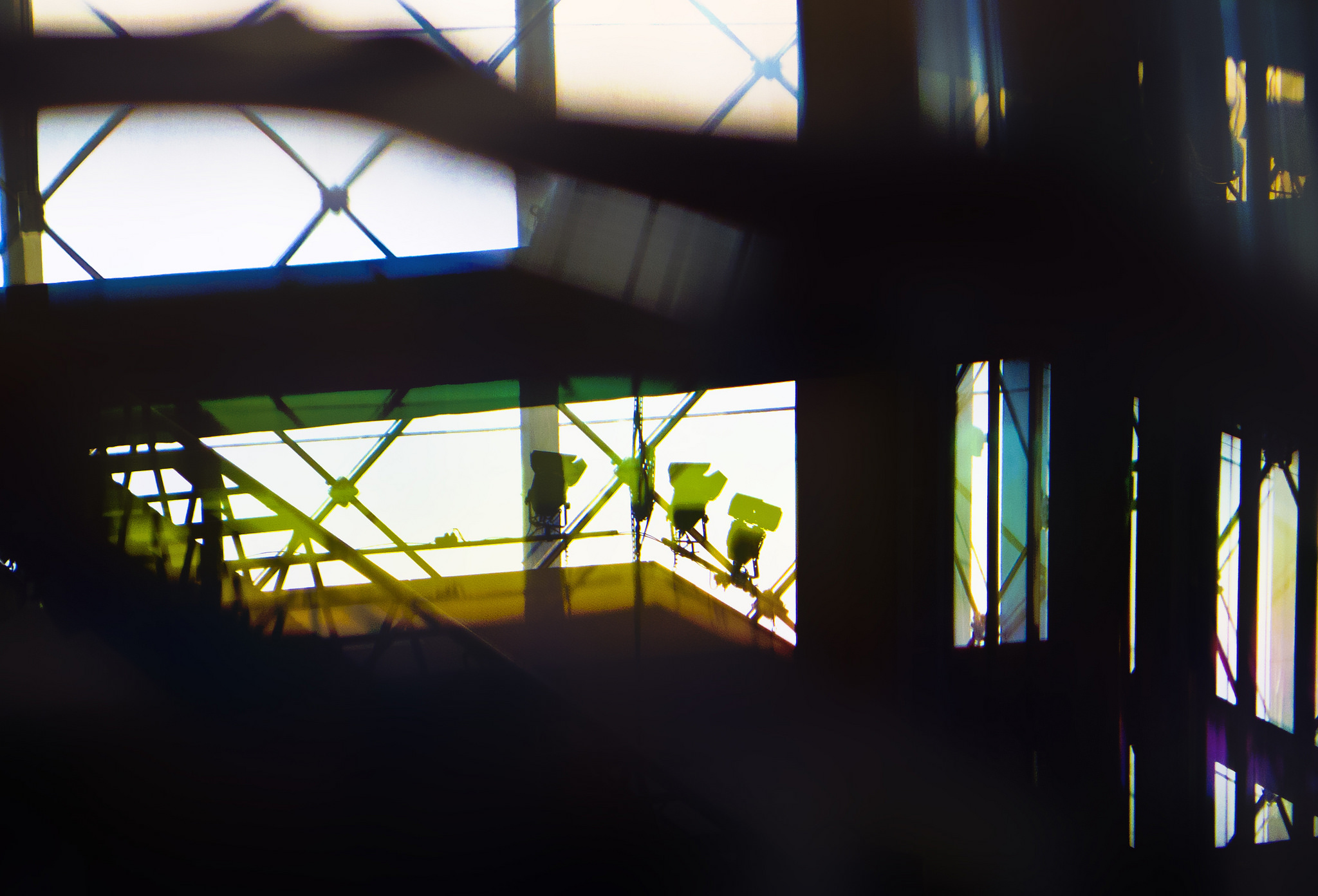Sharing is Caring: Right to Remix? was held 2 October 2015 in the DR Concert Hall in Copenhagen.

#sharecare15
#righttoremix
Sharing is Caring: Right to Remix? addressed the topic of remix culture and rights, and how the cultural heritage sector can deal with these in constructive and proactive ways.
Through a versatile programme of international keynote speakers, keynotes in conversation and ignite sessions, the seminar focused on the amazing stuff the cultural sector can achieve when rethinking the logic of copyright in a digital age perspective. But we also discussed the hurdles to overcome and the fights to take, when we want to challenge the traditional notion of copyright.
The speakers delivered talks to open up fresh perspectives on how to work more flexibly with rights in the digital age, and what awesome potentials the cultural sector can tap into if we dare to change our existing mindsets and ways of working.
As a special feature this year, Sharing is Caring led directly up to the annual cultural heritage hackathon Hack4DK from Friday evening 2 October through Sunday 4 October.
SPEAKERS
Keynote speaker Melissa Terras
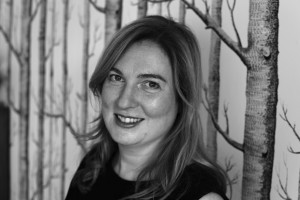
Read the blogposts that Melissa based her keynote on.
Taking, Making and Law-Breaking: copyright, digitised content, and the digital maker movement.
In this talk, Melissa Terras will talk about her experiences in trying to reuse digitized heritage content to make something she likes, wants, and will use – and the frustrating barriers she encountered along the way. Covering issues of technical digitization standards, search and retrieval issues, and licensing issues, it is demonstrated how difficult it is to reuse cultural heritage content in this context, given the implicit and explicit barriers raised, institutionally, technically, and legally, along the way.
Melissa Terras is Director of UCL Centre for Digital Humanities, Professor of Digital Humanities in UCL’s Department of Information Studies, and Vice Dean of Research (Projects) in UCL’s Faculty of Arts and Humanities. With a background in Classical Art History, English Literature, and Computing Science, her doctorate (Engineering, University of Oxford) examined how to use advanced information engineering technologies to interpret and read Roman texts. Publications include “Image to Interpretation: Intelligent Systems to Aid Historians in the Reading of the Vindolanda Texts” (2006, Oxford University Press) and “Digital Images for the Information Professional” (2008, Ashgate) and she has co-edited various volumes such as “Digital Humanities in Practice” (Facet 2012) and “Defining Digital Humanities: A Reader” (Ashgate 2013). She is currently serving on the Board of Curators of the University of Oxford Libraries, and the Board of the National Library of Scotland. Her research focuses on the use of computational techniques to enable research in the arts and humanities that would otherwise be impossible. You can generally find her on twitter @melissaterras.
Keynote speaker Maarten Zeinstra
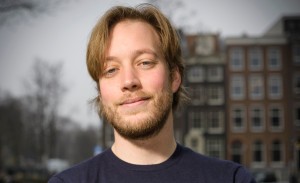
Caring for the limits of sharing
If the cultural heritage sector wants to support a thriving Remix Culture, we need to debate the legal and technical mechanisms that are holding artists and institutions back from sharing. We need a frank discussion on the merits of sharing vs. the monopoly of intellectual property rights.
Maarten Zeinstra works at Kennisland (KL). KL is an independent think tank with a public mission. KL aspires to strengthen our knowledge society by designing innovative programmes and realising interventions to address the grand challenges of today’s society. A strong knowledge-driven society subsists because of access to information. By making digital heritage collections available in an open and innovative way, knowledge can thrive.
Maarten is advisor on copyright law and open technology in the cultural sector. His focus is to guide cultural institutions in making data available online. In practice, this means writing policy, giving workshops and masterclasses, and guiding technological development. Maarten is project lead of Creative Commons Nederland and has extensive experience as a requirements engineer and architect for projects like Open Images, Europeana and OutOfCopyright.eu.
Keynote speaker Eva Van Passel
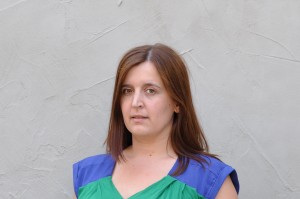
How open is open enough? A philosophy of cultural commons for the cultural heritage sector.
Cultural (heritage) institutions are redefining their roles in a context of digital access to culture. This talk will address how the cultural heritage sector can adopt a layered approach, with different degrees of openness. An overall goal of cultural heritage institutions in the digital age can be to provide as much access as possible and to be as open as possible towards reuse and remix practices. How open this is, however, might change depending on specific user communities, and it can also be different depending on the content being shared.
Eva Van Passel has been a researcher at iMinds – SMIT, Vrije Universiteit Brussel, since 2007. Her research interests include the many challenges and opportunities for arts and heritage in a networked society, but her research mainly focuses on the changing roles of cultural (heritage) institutions in the context of digitisation, digital preservation, and distribution and sustainable digital access. Topics under scrutiny over the years have included strategic challenges for cultural institutions, digital cultural policy, audience strategies, business models, the European digital library Europeana, open cultural data and open GLAM initiatives, and financing models for digital cultural heritage. Eva holds Masters degrees in Communication and Media Studies, and in Film Studies and Visual Culture.
Keynote speaker: Cédric Manara
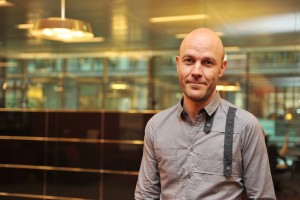
Copyright and the 99%
Historically, copyright has been concerned with encouraging commercial cultural production. Today, most of the creative expression comes from amateurs who do not understand copyright, or have no clue what it’s about. What about tomorrow? The Internet, with its 2.8 billion users and counting, is just beginning to change the legal landscape. How to reform copyright – in Denmark or in Europe – to reconcile the interests of those who want to make money, when others just want to share knowledge or information?
Cédric Manara, PhD, has lost his hair teaching, writing or consulting. He has been a full time law professor at EDHEC Business School (France) and held visitorships in Finland, Italy, Japan and the USA, published a lot on intellectual property and internet legal issues, and also was a consultant for e-commerce companies or law firms. He joined Google’s wonderful legal team as copyright counsel in 2013.
PANEL DEBATE: CREATIVE COMMONS FOR CONTEMPORARY ART?
A terrific panel of artists, copyright experts, and museum people in a debate about contemporary art, digital media, and rights issues.
In this debate, we discussed perspectives and challenges in using Creative Commons licenses on contemporary art, as opposed to traditional copyright. Does it entail increased visibility for artists if they share reproductions of their work more liberally than copyright allows for? Is it even possible for artists to opt out of social media today, if they want their work to known more widely? Are there new ways for artists to make revenues in connection with more openly licensed images of their work? Or is it a slippery slope to start relaxing the restrictions on how images of artworks are shown, shared and circulated online?
IT lawyer Martin von Haller Grønbæk, Bird & Bird, will moderate the debate.

